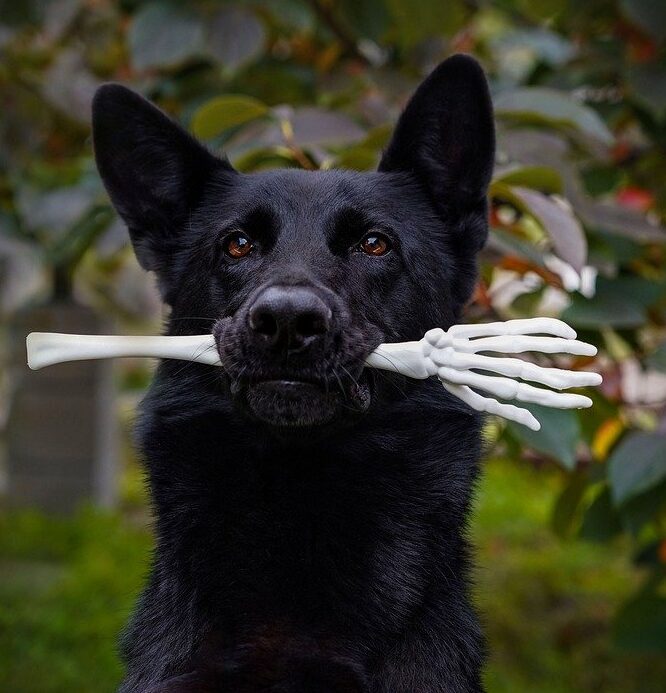Animals in institutional and professional environments give a lot of healing benefits. They are used as service animals in high-stress work environments, service animals, and therapy animals. But what about personal pets in hospitals? I keep seeing social media posts labeled, “Should dogs be allowed to visit their owners in the hospital?” While almost everyone said, “YES!”, I believe the answer is more complicated than that.
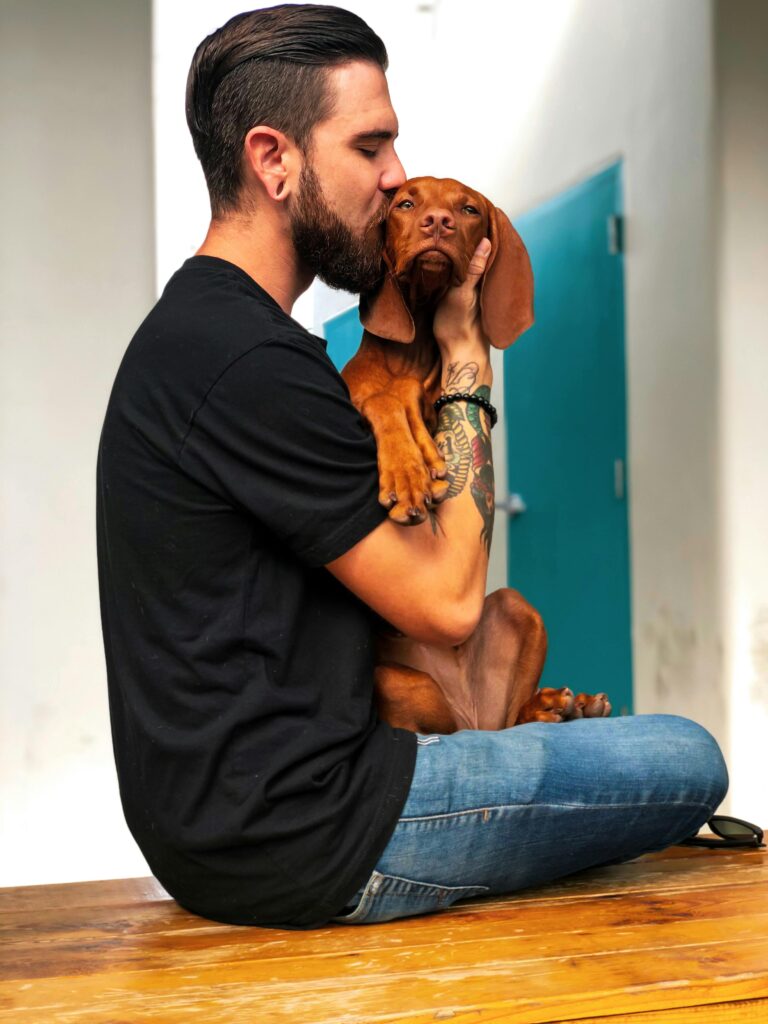
If you’re in the hospital for a long-term stay, it might certainly be healing to have your dog visit you, and it might be beneficial for your dog too. Out of all the visits you receive, the one from your pet would probably be the best. Other patients and some staff may also be welcoming to your pet. It could be a heartwarming distraction to a not-so-great day. It is certainly confusing for a pet to see its owner disappear for a short amount of time, let alone a long one, and letting your pet see where you went might remedy that.
But a person has to wonder how things look from a pet’s perspective. Animals see the world differently from humans. First of all, EVERYTHING is bigger than them, and everything is seen from a close-to-the-ground point of view. To be taken into this “sterile” environment full of strange smells, strange sounds and strange people has to be overwhelming for a being that is used to the comforts of home and nature.
And SPEAKING OF SMELLS, hospitals just smell weird, even to humans. Dogs’ first sense is their sense of smell. Can you imagine the assault on a dog’s nose to go into a hospital? With the smells of human illness, antiseptic, and cleaning solutions it wouldn’t be unrealistic to picture a dog’s nose just closing up. At this point, the dog has to be wondering what fresh hell he has entered.
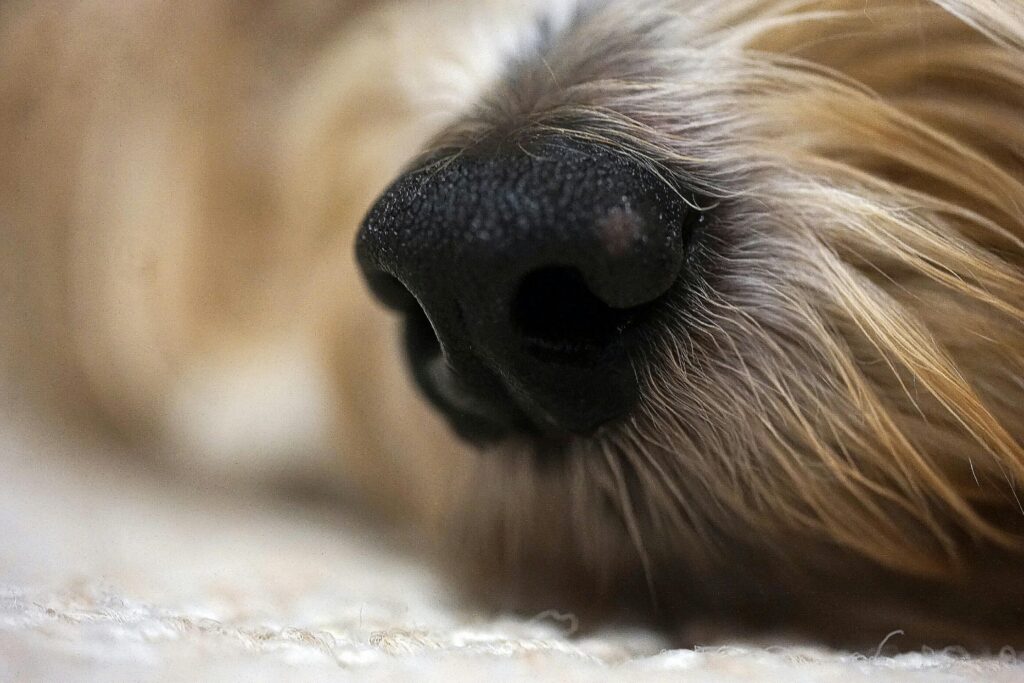
Then you add elevators, and staff running around frantically. Unless people are having a baby, most in a hospital for any reason are not having a good day. Being empaths, dogs sense that and it does not make for a good experience.
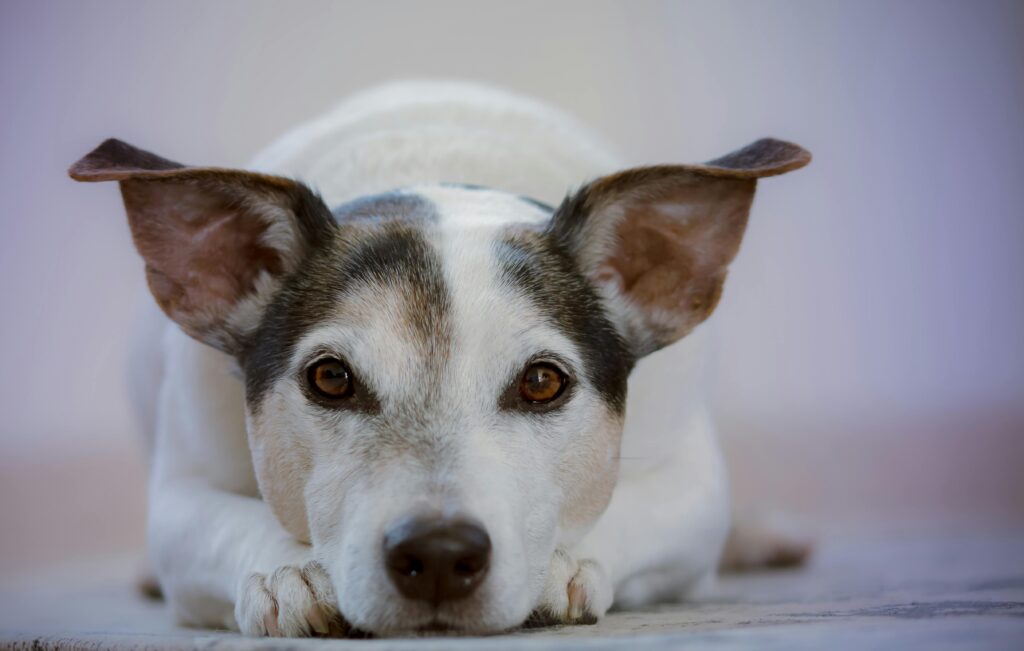
After navigating a maze of unfamiliar experiences, the dog finally gets to the room where their human is. Their person is in bed, probably with an IV in their arm. This is probably the best part of the visit for the dog. But at this point, many dogs will sense that their human is in a weakened state and may become protective. A staff member may also view the dog as an inconvenience to their job, further causing the dog to feel defensive. It would end badly for the dog if a staff member got mistaken for an assailant. Then there’d be bad feelings all around.
There are other considerations to be taken into account. For instance, the chaos that may ensue if two dogs meet in the corridor, or a dog smelling the presence of another dog and marking its territory. Then there are people who are highly allergic to pets. Patients’ immune systems are already compromised and they don’t need “one more thing” added to their discomfort. If the patient with the pet shares a room, the comfort of their roommate needs to be taken into account.
There ARE a few hospitals that allow pet visitation, and their requirements are strict. Arrangements have to be made in advance. The animal must be recently cleaned and sterilized, flea and tick-free, have up-to-date immunization documentation, and be escorted by a family member AND a hospital social worker. They are not allowed to interact with other visitors, patients, or staff. Check with your hospital to see if pet visitation is allowed, and make sure they don’t add it to your bill. Hospitals are notorious for having unexpected billing practices.
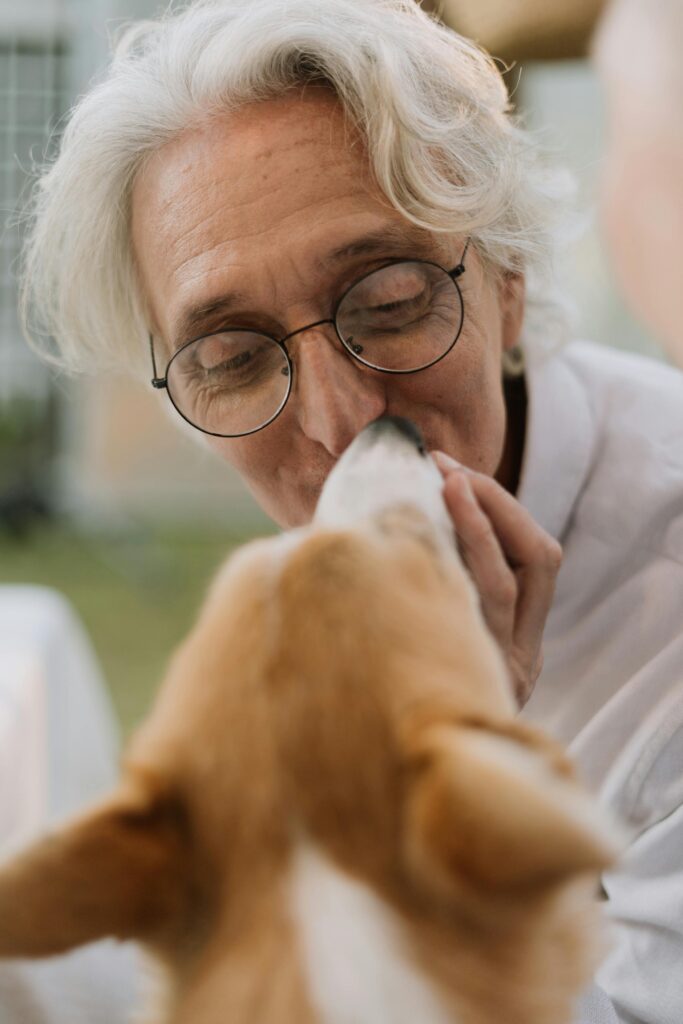
I think a good compromise would be to allow pet visitation in the hospital courtyard, or a pet-friendly waiting room, close to the entrance. Then the pet wouldn’t have to be escorted through the entire hospital, and much of the red tape could be eliminated. Of course, this isn’t an ideal option for everyone, but it could work for some. As far as the effects on Fido, it might be nice for him to see his human, or it might just confuse him more. To that, I’m not sure.
About Me
I’m Angela Pierce. I live on the southwest coast of Washington State. I am married to Brian Pierce and together we have a boxer mix named Murphy. I am also the mother of adult twins, one of whom passed in 2017 at the age of 22.

We don’t get to enjoy our dogs’ puppy stages. We adopt senior dogs; therefore we don’t have them for long. But for the short time we have them, we love them as if they had been with us their whole lives. We try to help them make up for the times that they were let down by their people as much as we can. We hope to erase those memories of when they weren’t being loved.
We have had to navigate the grief of losing four dogs since 2018. Tuffy was 12, Ox was 12, and Lola was six. While we had Tuffy most of his life, we only had Ox and Lola for two years each. We adopted Murphy at four years old in February of 2024. We hope that he is with us for a bit longer than the last two. But as long as we have a home, so will a dog.
